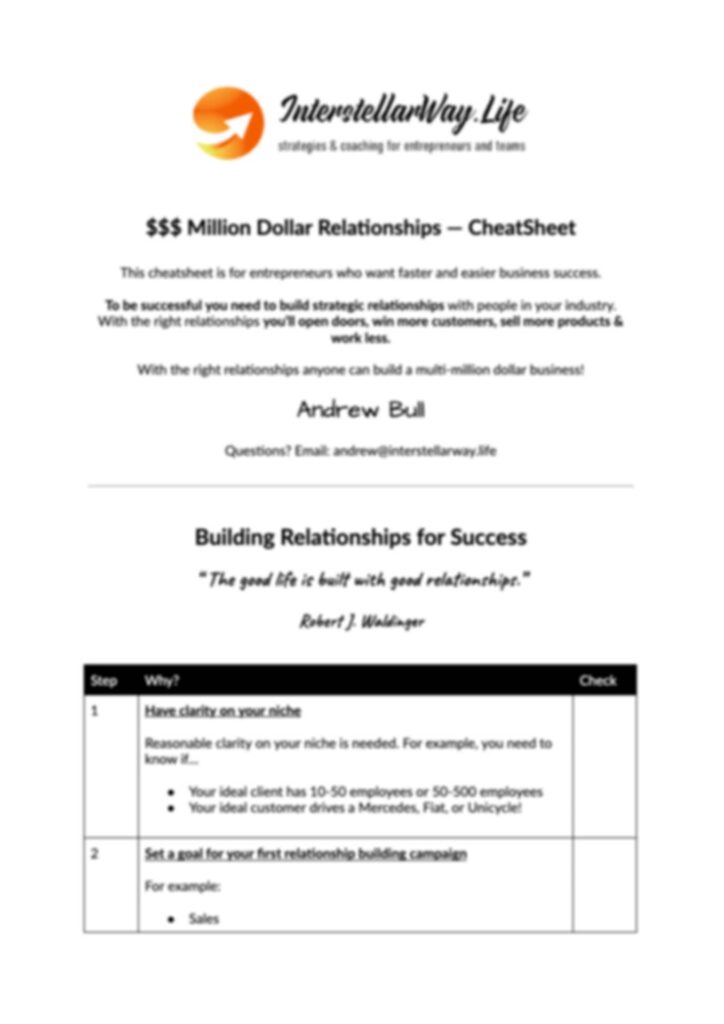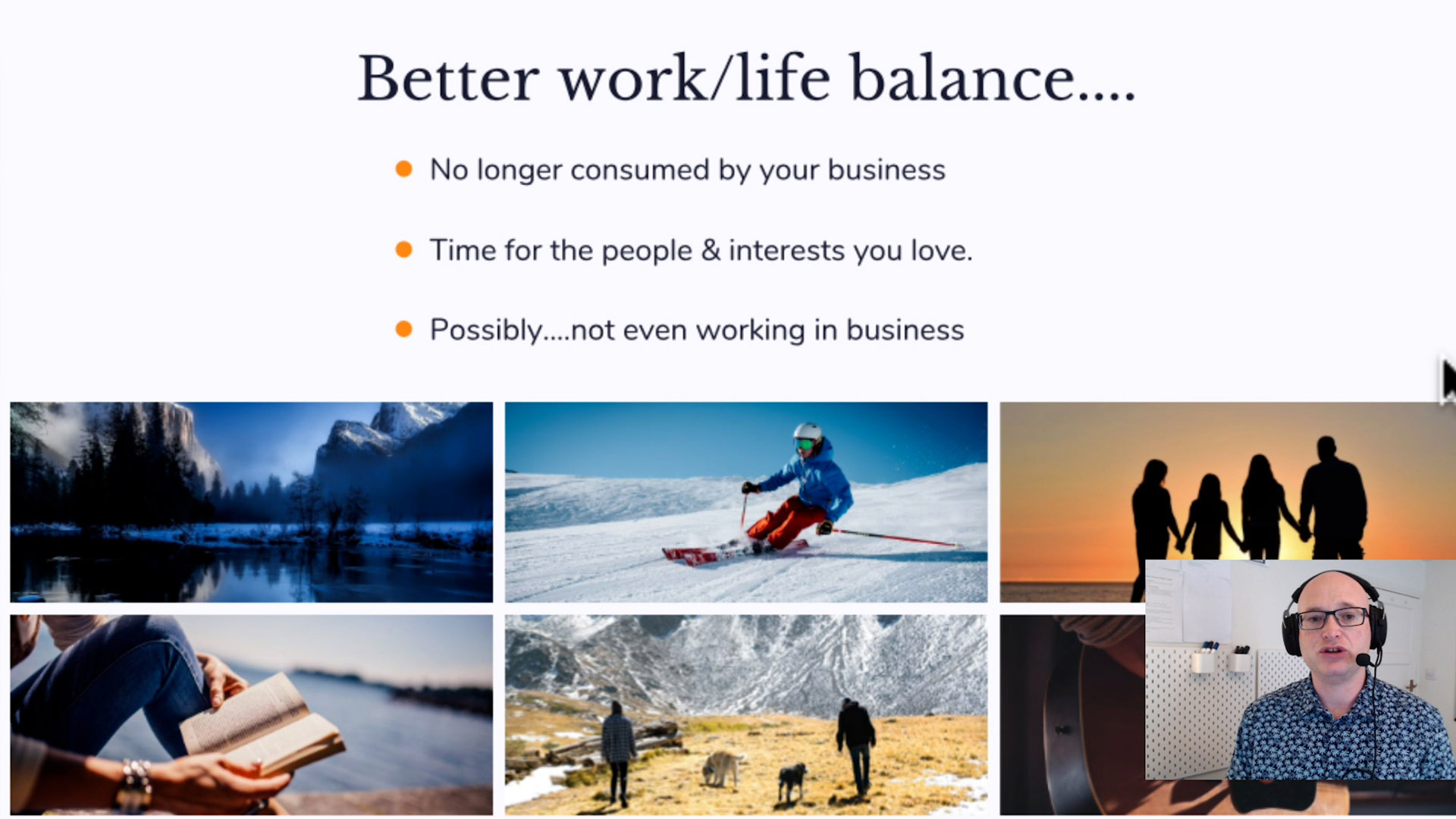Your workplace has a culture.
But has your culture been crafted? Or has it developed by chance?
Many workplace cultures evolve organically. They’re not really planned, they’re just a collection of unconscious decisions and random happenings.
Typically, work cultures arise from from an imagined reality—or a series of shared assumptions that people agree upon without really thinking about them.
For example…
- We never phone each other. We always email each other.
- We sit at the same desk every day
- We always go to the pub on Friday
If we’re lucky, our work culture will be good because we planned for it and made sure to repeat practices that would make it better over time.
But if we’re unlucky, our work culture might be bad, because nobody thought about how they wanted the company or team to behave in the first place, and so nothing was done to improve things once they started going south.
If we’re not careful, we could up with…
Conflict and drama.
A lack of diversity in thought or skills.
Or, a tendency to only celebrate big wins rather than small victories as well.
If you want your company culture to be better, it’s time to take responsibility-and craft the work culture that will make everyone happy.
“You can’t just ‘let’ culture happen. You have to make it happen.”
– Tony Hsieh, CEO of Zappos.
But how do you go about crafting a winning culture? What steps should you take?
#1. Own it
The first step to crafting a work culture is taking ownership.
This might sound like no small feat, but it doesn’t have to be as hard or daunting as you think. Start by identifying what’s working well and what isn’t in your current workplace culture-and then make sure you get a handle on those areas that you feel are less than ideal.
Don’t be afraid to make changes, even if they seem small and insignificant at the time. You might end up making a bigger difference in people’s lives than you think.
#2. Define your reality
This is the step where you’ll articulate what your company culture actually looks like, and how it’s going to differ from other cultures.
Do people know our desired outcome? Do they feel empowered in their work? What are we all striving for together as a team or organization-and why does that matter to us individually? You can use a checklist like this to help you articulate your culture…
– What does success look like?
– How do we measure success?
– Who are our heroes and champions, past and present?
– How do we communicate mutual respect between colleagues, customers, management, leadership team members, etc
– How do we handle open communication and feedback?
– How do we empathise and find time for other people’s perspective and needs?
– and so on…
#3. Get your team on board
The next step is getting everyone on board for your desired culture-and then making sure they repeat it.
Remind people to work on a specific practice that will make the company culture better, and give them ways to measure their successes (or failures)
Like I mentioned earlier, sometimes even small things matter.
For example: getting everyone in the business to phone another team member once a week. Or, sitting in a different seat every week.
There are loads of small things you can do to make your company culture better-and this is why it’s important for people to try new practices and see what works best for them as individuals (or the team).
What if changes don’t work?
If someone doesn’t like something or they want to change it up…
Go with it.
It might not be perfect, but at least they’ll feel like their voice matters and is being heard by you.
Work cultures are constantly evolving, so if you want to stay ahead of the curve, be proactive about making changes when something isn’t working well or could use an update.
For example, if you notice people are stressed out by the growing number of emails they’re getting every day-you might decide to set up a new email auto responder
Or maybe get everyone in your company on Slack.
It doesn’t have to be complicated or hard for people to do their job well and enjoy themselves at work. It just takes a little creativity and effort.
The miracle of culture
There are two ways to live your life – as if nothing is a miracle, or as if everything is a miracle.”
– Albert Einstein
It’s amazing how much social competence we as a species have developed over the past few thousand years, given that we used to be hunter-gatherers. One might call it a miracle.
But there’s no need to rest on our laurels. Business leaders have the power to improve the working day of those around them, and the thousands of people they connect with (via the Hyper-Dyadic Spread. Book here). We have the power to make people’s lives better.
So don’t leave your culture to chance. Don’t leave it to a throw of the dice!
Seize your culture and seize your future.
Andrew












